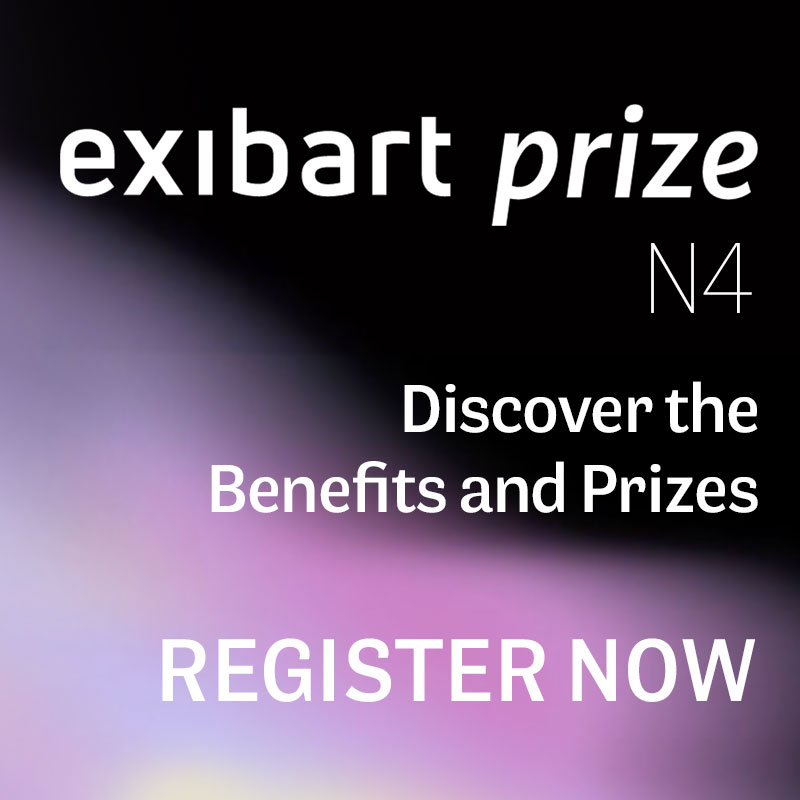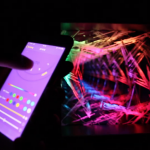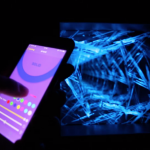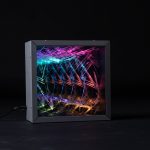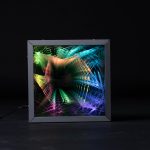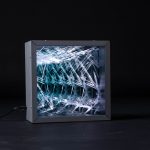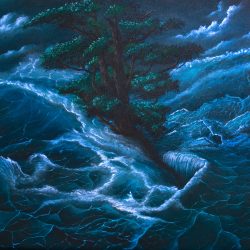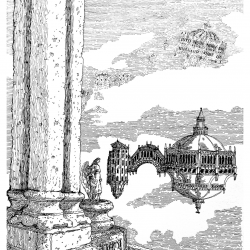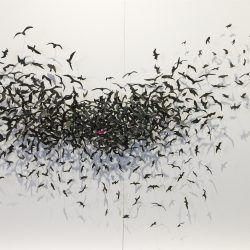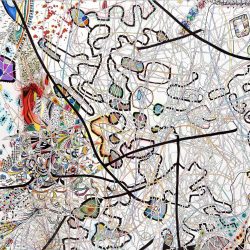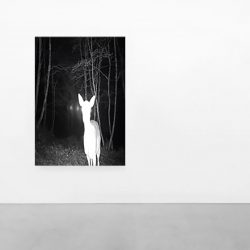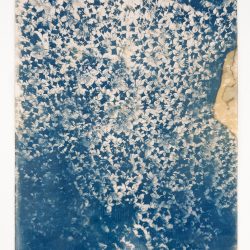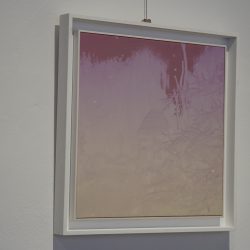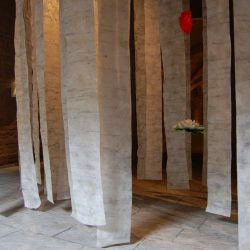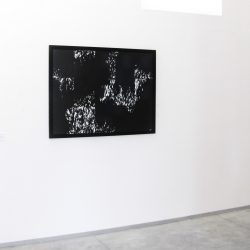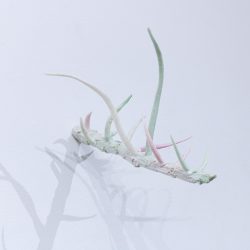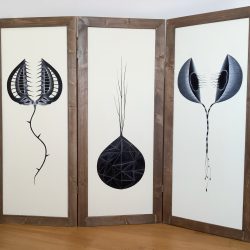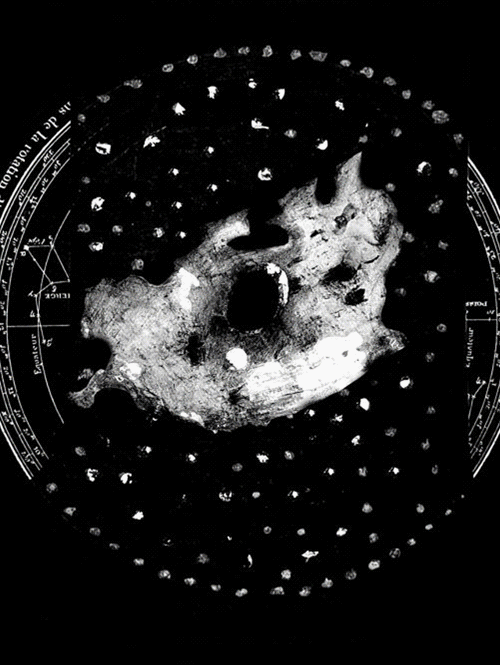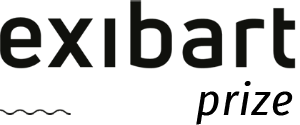work
Crystallization
| category | Digital art |
| subject | Nature |
| tags | connection, neurons, neuroni, galassie, galaxies, microscope, cultura, natura, culture, nature, microcosmo, microcosmos, microscopio, universo, universe, ricercascientifica, scientificresearch, lightgame, illusione, illusion, scienza, science, arteescienza, artandscience, arteluminosa, lightart, app, artedigitale, digitalart, specchiinfiniti, infinitymirror, connessione, macrocosmo, macrocosmos, astrophysic, astrofisica |
| base | 30 cm |
| height | 30 cm |
| depth | 15 cm |
| year | 2018 |
The subject of Penelope’s poetic yet scientific research is the Universe through the change of focus from the macro to the micro cosmos. After her research into stars and space she devotes herself to phenomena seen through the microscope such as crystallisation. For Penelope deepening her study of matter down to analysing the tiniest particles that go unperceived is, at once, fascinating and essential.
Nature and culture, opposites par excellence, speak to one another: people born as part of nature have gradually lost this bond and created culture to dominate and overwhelm it.
Looking at the world through a microscope – like seeking the macro cosmos through a telescope – is a way of drawing close to nature again, to study and feel part of it.
In 2018 Penelope visited the departments of astrophysics and neuroscience at Duke University in North Carolina to work with its greatest professors in investigating the connections between the micro and macro cosmos that, on the face of it, differ greatly and cannot be compared.
In reality, many similarities contained in her various works were discovered. The most curious amongst them was the discovery of how similar the neurons in our brains are to the connections between galaxies.
The image shown here that comes to life in a play of lights and mirrors is also the result of study, but this time at the Museum of Life and Science in Durham, North Carolina: it is the image of the chemical reaction of crystallisation under the microscope.
Nature and culture, opposites par excellence, speak to one another: people born as part of nature have gradually lost this bond and created culture to dominate and overwhelm it.
Looking at the world through a microscope – like seeking the macro cosmos through a telescope – is a way of drawing close to nature again, to study and feel part of it.
In 2018 Penelope visited the departments of astrophysics and neuroscience at Duke University in North Carolina to work with its greatest professors in investigating the connections between the micro and macro cosmos that, on the face of it, differ greatly and cannot be compared.
In reality, many similarities contained in her various works were discovered. The most curious amongst them was the discovery of how similar the neurons in our brains are to the connections between galaxies.
The image shown here that comes to life in a play of lights and mirrors is also the result of study, but this time at the Museum of Life and Science in Durham, North Carolina: it is the image of the chemical reaction of crystallisation under the microscope.

